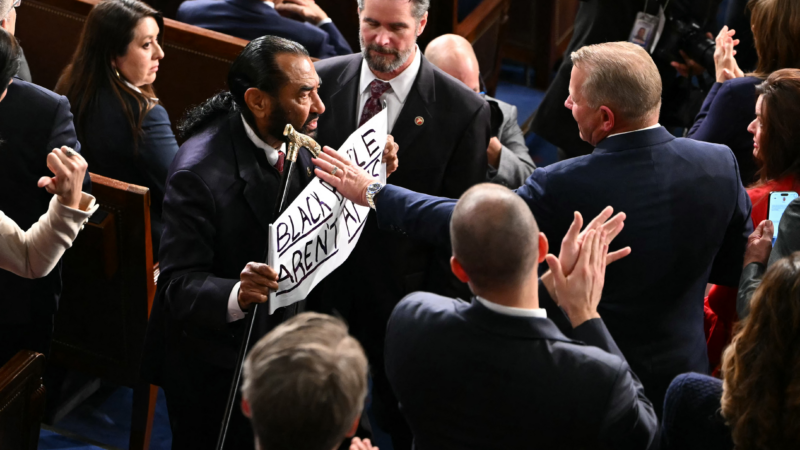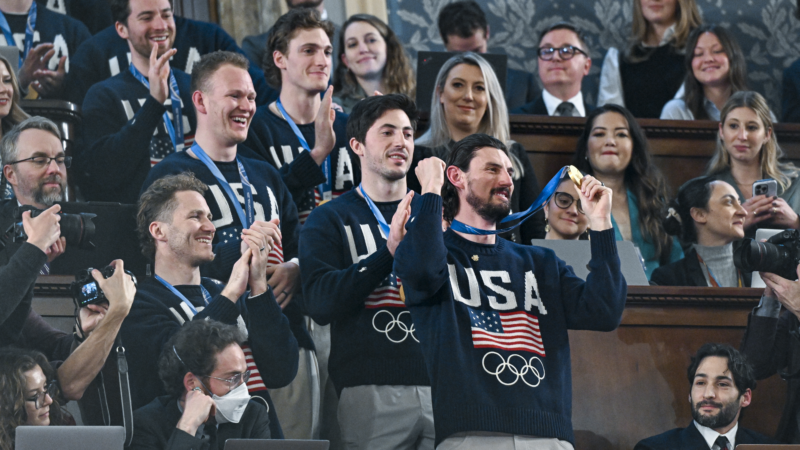Art as Business
Starving artists. Though they don’t wander the streets in tattered clothes with an easel under their arm, the reality is that many artists struggle financially. Most have to keep a day job to survive. Some are able to make a career making art, but it often means making compromises. Mary Lou Davis is an author and photographer.
“If you’re not known it’s so hard to break into the publishing world. And my photography’s kind of, you know, it doesn’t pay well either. I get a check every now and then from that.”
When she’s not sending query letters to publishers, this Vestavia mom of three is ministering to UAB students, snapping photos for Portico Magazine and working on her second novel. She says her ideal job would be a mix of writing children’s fiction and creative photography, but, she says, she’s slowly having to accept that getting paid for art may require using artistic talents in a less enjoyable but more marketable way.
“I’ve tried to do other things to supplement my income. Making jewelry. You know, I don’t love to do it, but I’ll do it in order to make enough money to buy Christmas presents.”
Dane Peterson can relate. Peterson is (update: Former) artistic director and theater instructor at John Carroll Catholic high school. He also has his own summer theater company, but he says what he’d really like to do is perform and make enough money to maintain, as he puts it, “some sort of standard of lifestyle.” While he’s not exactly where he’d like to be, he concedes he is luckier than most.
“Things just worked out in my favor that I landed an actual job in a related field that I studied and could practice on a daily basis what I know how to do. As opposed to a lot of other artists who go through so much training and end up at just a desk job or something to that effect where they’re not really applying what they studied in their daily work.”
(new voice)”I think the biggest stumbling block I find for artists is that they want to be discovered.”
Gary Glazner is a poet and author of How to Make a Living as a Poet. He says Davis and Peterson’s willingness to be practical about their careers has helped them avoid a major mistake many artists make.
“Everybody wants to have someone come along and say ‘You’re fantastic! I want to take care of you and I’ll book your readings or I’ll get your painting in a gallery or I’ll sell your sculptures to wealthy people.”
Glazner says the key to making a living as an artist is to make your craft practical.
“With poetry, people always say that it’s not possible to make money from it. You can’t sell poetry. It just doesn’t work in our marketplace driven society. But I find that if the poetry is of use to people, then it’s quite easy to make a living.?
(new voice)”One of the things artists have to understand is that they can’t treat their art as a hobby. They must treat it seriously. It is a business.”
Mary Weir is a financial advisor with Horizon’s Planning in Mountain Brook.
“Artists and accountants are very very different. And you need to be a little of both if you’re going to be an artists but we’re talking this left brain/right brain thing and that’s a real issue.”
But, drawing on their creativity, some artists have found ways to meld the two. For instance, Glazner conducts poetry workshops with Alzheimer’s patients. That kind of venture can be very fundable with foundations and other organizations. He’s also currently on a book tour for his How To book. Dane Peterson is preparing for an upcoming production of Godspell and Mary Lu Davis is trying to find a publisher for her three completed children’s novels.
(Peterson)”It’s not going to be easy and it never should be easy, really. The mantra of the arts is that it shouldn’t be easy. There’s always something at stake.”
(Davis)”You’ve just got to never give up. Be like Jack London who said ‘when I didn’t have money to buy food, I bought stamps to send my manuscripts out.’ So never quit!”
5 takeaways from Trump’s State of the Union address
President Trump hit familiar notes on immigration and culture in his speech Tuesday night, but he largely underplayed the economic problems that voters say they are most concerned about.
China restricts exports to 40 Japanese entities with ties to military
China on Tuesday restricted exports to 40 Japanese entities it says are contributing to Japan's "remilitarization," in the latest escalation of tensions with Tokyo.
Signs, silence, and skipping: How Democrats protested Trump’s State of the Union
The pushback comes as Democrats enter a midterm year where they hope to make gains in the House and Senate.
Trump honors gold medal-winning men’s hockey team at State of the Union amid controversy
The celebration of the men's team comes after FBI Director Kash Patel's trip to the Games in Milan, and the president's comments about the U.S. women's team, have drawn scrutiny.
Read NPR’s annotated fact check of President Trump’s State of the Union
As President Trump delivers his State of the Union address, reporters from across NPR's newsroom will fact check his speech and offer context.
President Trump set to deliver first State of the Union address of his second term
Facing low approval ratings and ahead of midterm elections in November, President Trump delivers the first State of the Union address of his second term as president Tuesday night.







